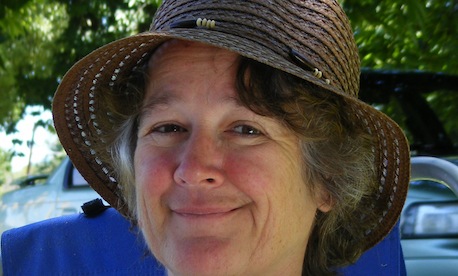I soooooooo don’t get it.
John Main says, “Language may not be able to lead us into the ultimate communion but it is the atmosphere in which we first draw breath of consciousness.”
I have spent more than fifty years acquiring language – a spiritual language, that is, not my native tongue – and suddenly it all seems a facade. It is empty, superfluous, ‘white noise’. Don’t get me wrong. I find the etymology, the lexicon of religion and spirituality fascinating.
For most of my life, I have listened to those more theologically literate, more erudite, with higher levels of education. I have hungrily devoured their definitions; their explanations; their theology. I have read voraciously. I am deeply indebted, and very grateful, to all who shared with me.
But I was short-changed.
What was offered, while encapsulating the Truth, presented as literal that which can only be revealed through metaphor, allegory, experience, art and silence. Ideas and practices presented as permanent, unchanging, infallible, embedded, I now see are transient, fluid, organic, responsive, reactive.
Consider the latest English translation of the Mass. I always considered the words and actions at the epiclesis and consecration as intrinsic to the transformation from bread and wine to Body and Blood. Those who love the Latin translation of the Mass probably thought the same. But the words keep changing. So the language becomes almost inconsequential, irrelevant. Whatever words we recite; whatever actions we make – it is that which is revealed that is important.
For me, now, that revelation is that God took human form. God is revealed in the actions and attitudes of human beings. God is creative and creator and is revealed in creation. God loves unconditionally and abundantly. I am known. I am loved. I am not alone. And this empowers and inspires me.
Scripture is rich in metaphor, myth, allegory, poetry. We learn about metaphor in English classes at school – but not a whiff is discussed in Religious Education. None of the names we give the divine are literal. God is not an eagle or a nursing mother or our father. These are metaphors to describe the indescribable – a divine presence so ‘other’ and so ‘in-dwelling’ that language can only hint at it.
I do not know if I was deliberately shaped, formed or taught in a certain way that kept me obedient, unquestioning, faithful. I do believe, however, that there is now a paradigm shift to acknowledge and name and embrace what has always been true: God is encountered and experienced in an infinite number of ways to ALL people – baptised or not; practising in an institutional church or not; religious or not. Artists, poets, storytellers, dancers, and musicians have always known this. Ecologists, feminists, and peace activists have always known this.
God can be experienced, but not entrapped in ideologies and dogmas. The language for God, and of God, has evolved. God can be encountered, but not explained. The language to describe God is now holistic and experiential. God exists outside of time and culture and language and is not constrained by these human constructs. The language reflecting God to us is the language of belonging and of relationship.
No-one has a stranglehold on God. Thank God.
And so I begin again …
Liz Pearce, mother of 3 adult children, loves story, dollmaking, writing and silence.
